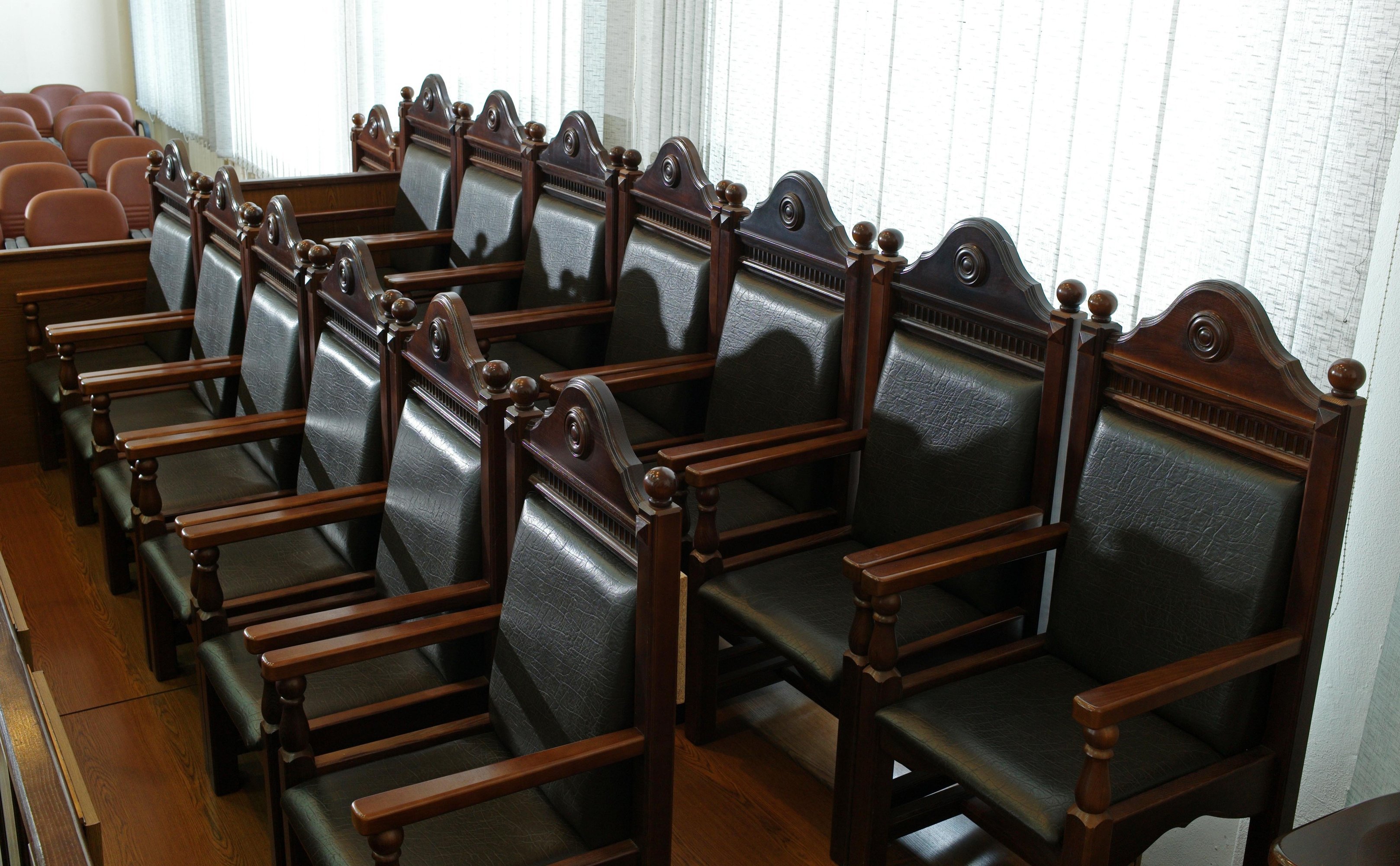By Alexander Barinov, RAPSI special correspondent
A bill which aims to reduce the power and scope of juries has failed to receive adequate government support, according to the official conclusions on the draft law published on the State Duma website. The argument draws attention to the fact that trial by jury is the most effective way of ensuring the adversarial principle is adhered to in Russia's justice system.
However, until recently the jury system was criticized for a lack of professionalism and a failure to achieve the goals of justice.
Reduction in scope: Version 2.0
The draft law seeking to curtail the powers of juries to hear cases relating to conspiracy and organized crime was submitted to the lower house of Russia’s parliament in June 2011. Initially, it was widely believed that the bill would be adopted quickly and without too much debate.
Then-president Dmitry Medvedev suggested in August 2009 that crimes of conspiracy and organized crime should be withdrawn from the jurisdiction of juries. “Unfortunately, our juries are not up to the task, for a variety of reasons,” Medvedev said.
The bill’s authors explained their reasoning by citing a lack of necessary legal education and qualifications on behalf of jurors, as well as an “increased probability of pressure in the form of threats, violence, blackmail and bribes.”
In the name of fighting terrorism
Nine types of crimes were excluded from adjudication by jury trial in 2008. They include such crimes as terrorist attacks, hostage-taking, organizing or taking part in illegal armed groups, organizing mass disorder, treason, espionage, coups d’etat, armed uprisings and subversive actions. These crimes have been relinquished to the authority of professional judges.
Officially the decision was explained by the need to improve counterterrorism legislation. But many lawyers and experts find that explanation unconvincing. They argue that the curtailment of jurors’ powers is primarily in the interests of the law enforcement agencies and special services.
These services have long expressed dissatisfaction with the jury system, first of all because juries return verdicts of not guilty more often than professional judges. According to statistics, the acquittal rate in “ordinary” courts is less than 1%, while for jury trials that figure is somewhere between 10% and 20%. Each acquittal is a heavy blow to the professional reputation of the law enforcement agencies.
Jurors usually return acquittal verdicts because of numerous shortcomings and sometimes open violations during the investigation stage. Relevant examples include such high-profile cases as the murders of Novaya Gazeta journalist Anna Politkovskaya and Editor-in-chief of Forbes Russia Paul Khlebnikov, or the attempted murder of former RAO UES Chief Executive Anatoly Chubais.
The law limiting the powers of jurors was drafted and adopted with hardly any discussion or regard for the sharp criticism by human rights advocates, lawyers and even some parties in parliament. Its authors could not even clearly explain the point of the new law. Instead, they said openly that jurors all too often pass light sentences or return acquittal verdicts in cases of grave crimes.
New concept
If cases of conspiracy and organized crime were removed from the jurisdiction of juries, the role of the “people’s court” would be reduced to the same type of “ordinary” crimes as domestic murders and petty white-collar crimes.
However useful the draft law was initially considered to be, it was not submitted for review; it simply gathered dust for almost a year.
The conclusions on the draft law published on the State Duma website reject the authors’ arguments as “insufficiently convincing.” They also state that “compared with other types of courts, the jury system ensures the best possible compliance with the adversarial principle in criminal cases.” Consequently, it can be assumed that the role of juries will not after all be completely nullified.
On the other hand, the reasons behind such radical amendments to the legislation on juries are unclear. The opinions of the experts polled by RAPSI differ on this score.
Supporters
Chairman of the Moscow City Bar Association (MCBA) Henry Reznik has no explanation for the proposed changes and fully agrees with the official conclusions. “The advantages of trial by jury compared to professional courts have been proven over centuries of practice, so there is nothing more to say,” he said.
Lawyer Vladimir Zherebenkov shares Reznik’s view: “Other countries are expanding the power of juries.” In his opinion, the Russian lawmakers’ decision to limit the jurisdiction of juries is completely unsubstantiated.
“I don’t believe that such conclusions are sincere; an attack has been underway against the rights of Russian citizens over recent years, in particular the power of juries, and it is unlikely to stop,” lawyer Ruslan Koblev said.
Presidential adviser Mikhail Fedotov, Chairman of the Presidential Council for Civil Society and Human Rights, is “absolutely convinced” that the scope of jury trial in Russia should be expanded. At the same time, there are some types of cases which juries should not hear. “But so far the number of crimes which juries can hear is considerably greater than the number of crimes they actually do hear,” the lawyer said.
In his opinion, in the future juries should hear civil cases, such as the division of property, alimony, and the protection of honor, dignity and business reputation.



